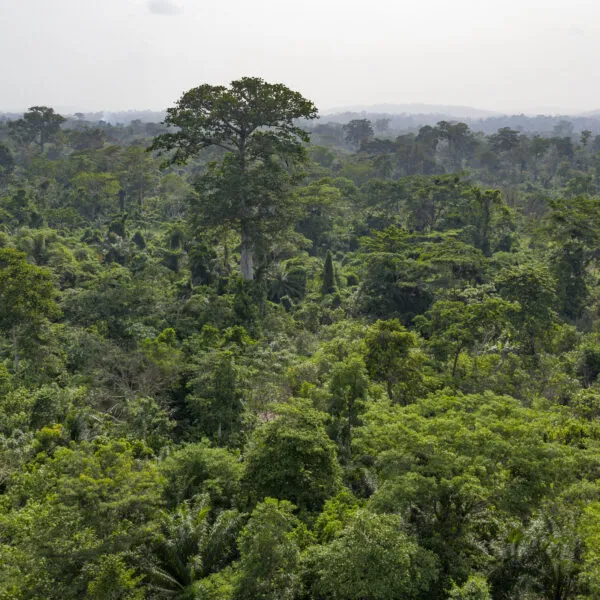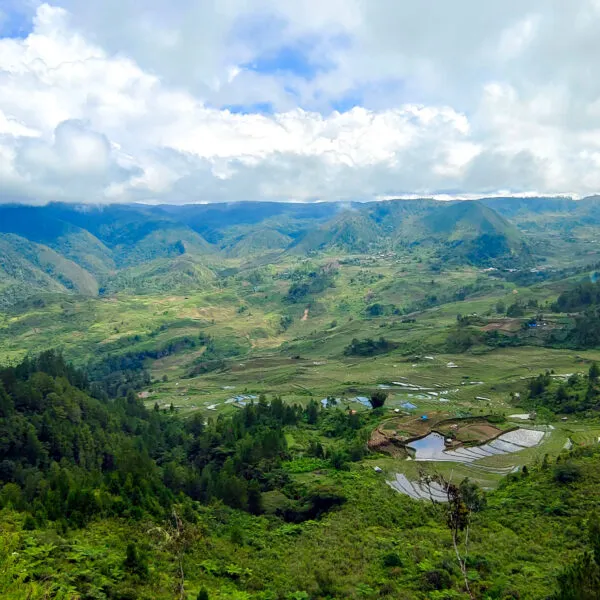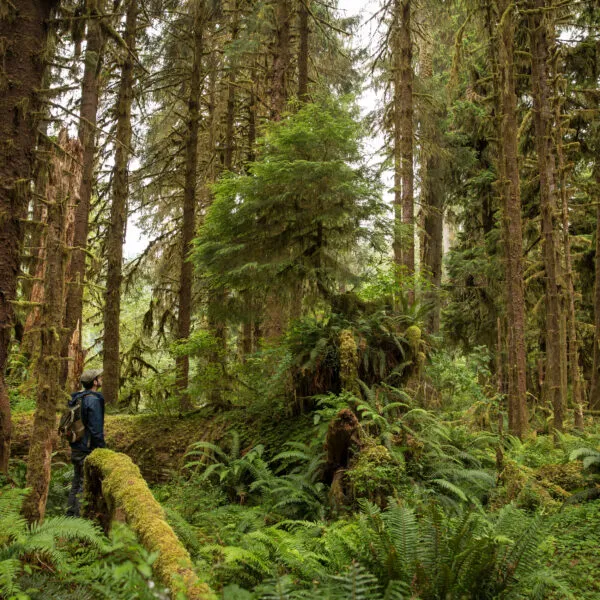Türkiye is the fifth largest tea producer globally—and the world’s leading tea consumer, drinking more tea per person than any other nation. In fact, almost 95 percent of the country’s tea production is used domestically. Across Türkiye’s Black Sea region, tea provides livelihoods for more than 1.2 million farmers, factory workers, traders, and their families.
Turkish tea is grown primarily in the Rize, Trabzon, Artvin, and Giresun regions, by more than 200,000 smallholder farmers. However, from concerns about wages, to climate change and biodiversity loss, to a lack of traceability within the supply chain, the tea sector continues to face several challenges. This new tailor-made program, implemented by the Rainforest Alliance in partnership with JDE Peet’s, aims to address many of these issues and strengthen JDE Peet’s tea supply chain—and the Turkish tea sector more broadly—by training thousands of local tea farmers on improved sustainability practices.
Location
Türkiye
Project period
2022 -2025
Key commodities
Tea
Priority issues
Climate, Livelihoods, Traceability
Partner communities
Smallholder tea farmers and factory workers in JDE Peet’s (Ofçay) tea supply chain.
Project objectives
Objective 1: Training in sustainable agricultural practices
Tailored to local conditions, the Rainforest Alliance Certification Program promotes climate adaptation and resilience—promoting good agricultural practices that protect the environment while improving crop productivity and quality. The basis of this rigorous program is the Rainforest Alliance 2020 Sustainable Agriculture Standard (SAS)—a holistic set of requirements designed to help farmers make informed, climate-smart decisions about appropriate land-use and crop choices. In doing so, the standard also aims to improve farmer livelihoods and advance the human rights of rural communities.
By the end of the project, more than 15,000 tea farmers and factory workers will be trained in the social and environmental requirements of the Rainforest Alliance SAS, providing a solid foundation for long-term sustainability transformation.
Objective 2: Implementing Internal Management Systems
To regulate compliance with the SAS and, more importantly, to ensure more sustainable operations are maintained beyond certification, good governance structures—such as an Internal Management System (IMS) that integrates the supply chain management system—are key. This type of organizational structure allows for more systematic information sharing, making it an important tool in facilitating farmers to change their practices. By creating and/or improving enabling conditions on the ground, long-term SAS compliance of farmer groups is more likely to succeed, opening doors towards full traceability of the tea supply chain.
By the end of the project, the IMS will be properly structured and implemented, with regular monitoring, reporting, and farmer engagement in place.
Partners
JDE Peet’s
Rainforest Alliance contact
Furkan Can Oncu Project Manager, fconcu@ra.org.
JDE Peet’s contact
Osman Kutrup, Ofçay Manufacturing Lead, osman.kutrup@jdecoffee.com.




